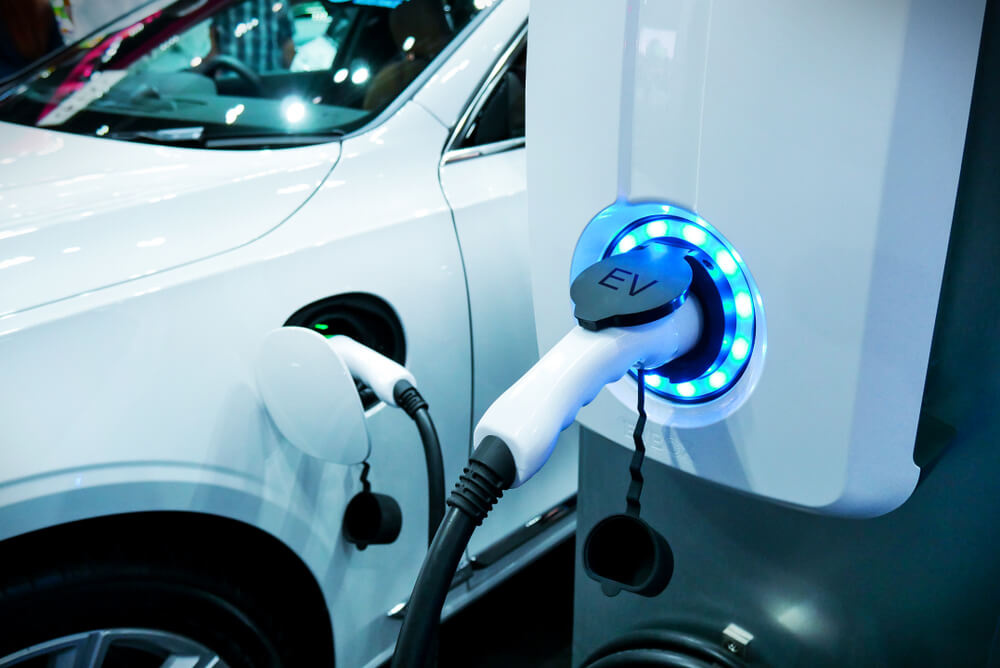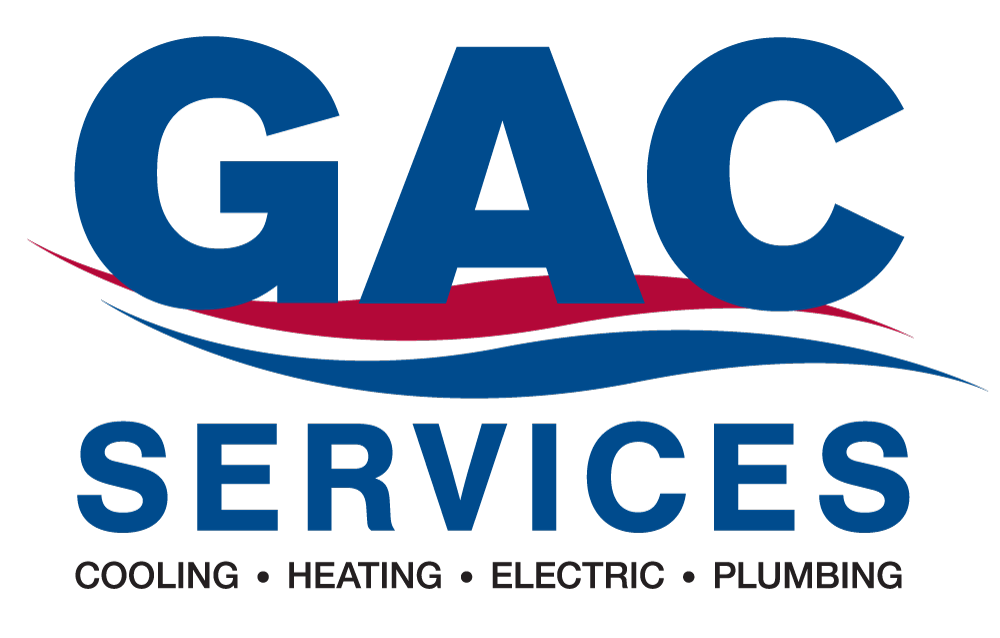One of the greatest benefits of driving an electric vehicle is the ability to recharge it at home while you are relaxing or sleeping. This helps you avoid hectic trips to the few public areas that offer EV charging, especially ones that cost money for every use. While you can charge an electric vehicle from any standard outlet with the proper adapters, it is well worth installing an electric car charging station in your home for the best performance and faster charges.
Since this is a relatively newer technology that most people aren’t familiar with, it’s important to learn as much as you can. Installing one of these systems in your home is a significant investment, so you need to be equipped with knowledge when choosing the right charging station for your needs.
Take a look at these EV charging station FAQs and see how you’ll benefit from having a personal station in your home.

What Are the Different EV Charging Station Types?
There are three major types of home charging stations for electric cars.
- Level 1 EV Charging Station: This charging station operates at 120 volts and can be plugged into a regular GFCI outlet. It suits those who work from home or have limited daily travel.
- Level 2 EV Charging Station: With a standard 240-volt operation, this charging station is commonly found in public locations. It’s perfect for reliable overnight charging or quick replenishments, offering up to 25 miles of range per hour.
- Level 3 EV Charging Station: This is best for quick charging needs. The direct current charger provides up to 250 miles of range per hour and can charge up to 80 percent in just 20 to 30 minutes. This is particularly beneficial for frequent drivers or long road trips. It’s worth noting that non-Tesla chargers use a CCS/SAE Combo connector.
What Is the Most Common Type of EV Home Charging Station?
Many electric vehicles offer an EV charging 110-volt option that works with any standard outlet, but with the huge capacity of the batteries in a typical EV, the charging process would take far too long to be convenient.
This method works well for remote locations where a 110-volt outlet is the only option. A dedicated Level 2 charging station ups the voltage to 220 while increasing the current to 30 or 40 amps. This allows the EV to charge five to seven times faster than with a 110-volt outlet at 15 or 20 amps.
How Long Does It Take to Charge an EV?
The length of time you need to charge your electric car depends on the type of charging station that you have. Here is a quick and easy breakdown of the lengths with home charging stations:
- Level 1: 10 Hours
- Level 2: 2 to 3 Hours
- Level 3: 1 Hour
How Much Does an EV Charging Station Cost?
Electrical upgrades can be rather pricey upfront. However, after the initial cost, you will start to save money every month by not using public charging stations or paying for gas. Installing a home charging station, including installation costs, can range anywhere from $300 to $3,000. While this may seem like a lot, it’s a long term investment that will pay for itself over time.
Do I Need a Garage to Install an EV Charging Station?
No. EV charging stations that are safe to mount outside are available, using weatherproof electrical boxes, cables, and connectors. Of course, a garage offers more security for the EV charging station and the electric vehicle itself.
How Much Power Do I Need for a Level 2 Charger?
Most hybrid and electric vehicles made today will work well on a 30-amp Level 2 EV charging station, but installing a 40-amp Level 2 charger will give you plenty of current for higher-powered electric vehicles in the future without costing too much more up-front.
What Size Breaker Will I Need for an EV Charging Station?
If you are installing a 30-amp EV charging station, you will need a 40-amp electrical panel and wiring. A 40-amp EV charging station will require a 50-amp breaker and wiring, ensuring there is a decent margin of safety to avoid overloading the circuit. If your panel does not have the required space or your electrical service does not have the current capacity for the charger, a service upgrade may be required.
What Kind of Cabling Is Needed to Install an EV Charging Station?
A 30-amp charger will require a copper 8/2 cable with a NEMA 6-50 plug. A 40-amp charger will require a NEMA 14-50 plug with either an aluminum 4/3 wire or a copper 6/3 wire for the EV charger.
How Long Should the Charging Cable Be?
Ideally, the charging cable should be at least 18 feet to reach the charging port on your EV, whether it is parked towards the charger, away from it, or just outside the garage.
An EV charging station must be installed by a licensed electrician. At GAC Services, we offer electric car charging station installations in Gaithersburg, Montgomery County, Frederick County, Carroll County, and Howard County, Maryland. Contact us today to schedule an appointment with our electrical experts.


